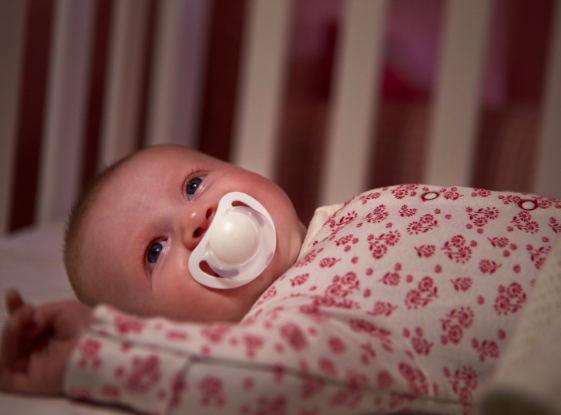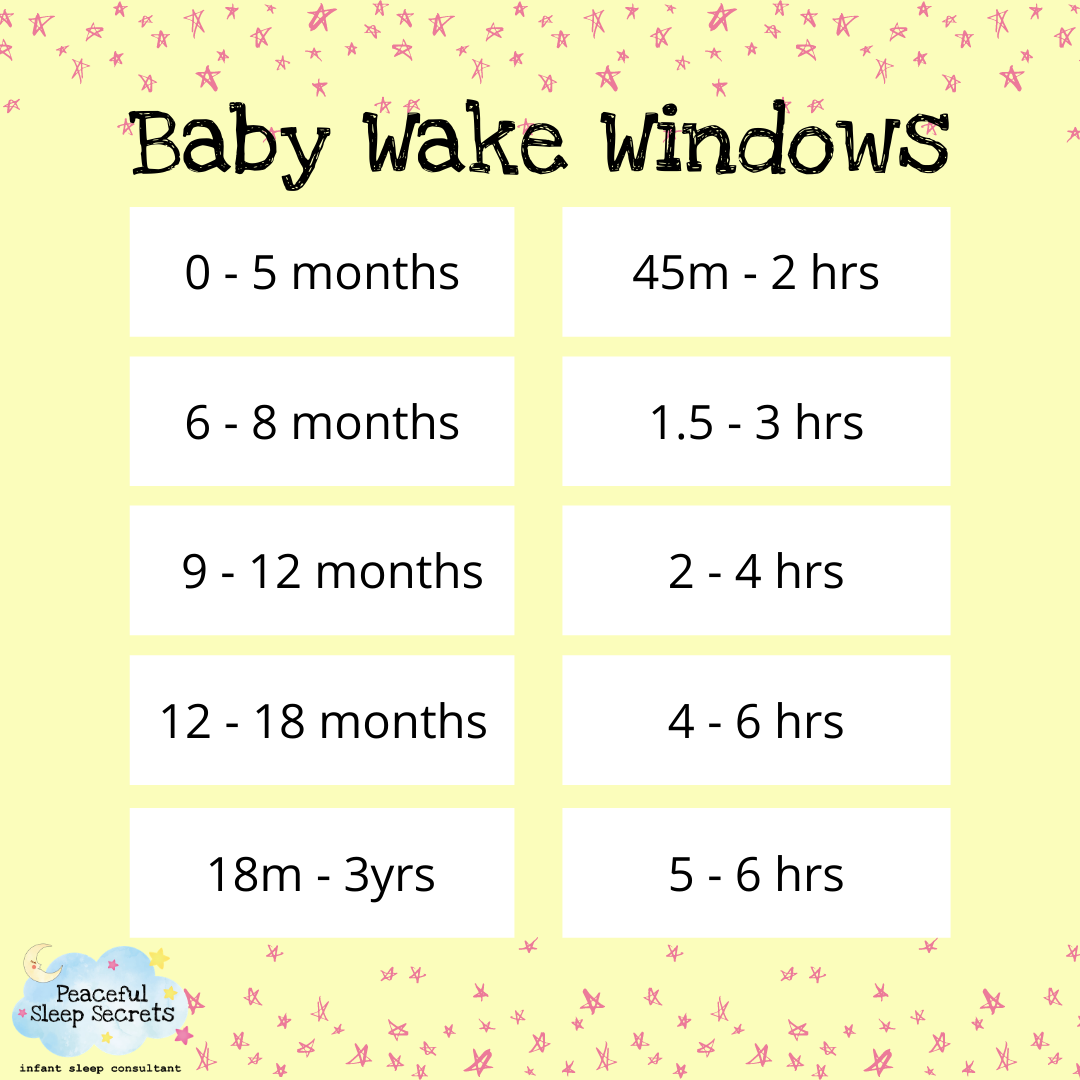Early Rising:
How Can I Stop My Child From Waking Early?

Has your amazing sleeper suddenly started waking at 5am?
Maybe your little one has always been an early riser and it’s become a undesirable habit?
As a sleep consultant, one of the most common questions I get asked is ‘How can I get my little one sleeping later in the morning?’.
Most little ones are naturally early risers and their body clock is programmed to wake somewhere between 6-7am (and a lucky few may even sleep a bit later!) but anything before 6am, well that’s still night time in my book!
Early rising may seem like a minor issue but actually it can have a huge impact on the whole family. It is a complex sleep issue that can take some time to resolve. This is because after a consolidated night’s sleep it’s much harder for little ones to nod back off in those early hours. I often feel it’s the last piece of the sleep jigsaw puzzle.
The first thing we need to do as parents when tackling early rising is to have realistic expectations. Yes, we’d probably all love a baby that consistently sleeps until 7:30 or even 8am, but those babies are few and far between. As I mentioned before, 6am is actually a reasonable wake time for a baby. If your baby is waking at this time and has had quality sleep throughout the night then it’s unlikely this will move much later. However, if your baby is waking earlier than 6am then this is something we can definitely improve.
Surely if you put your baby to bed later they’ll sleep later in the morning, right?
Actually, the opposite is true. The main cause of early rising is actually overtiredness so putting your baby to bed later will add to this issue and may cement the early rise or even make it worse. When a baby or child becomes overtired their body produces extra cortisol, which is like a shot of adrenaline. It helps the body stay awake and increases alertness. Some people refer to babies and children as having a ‘second wind’ where they go past the state of tiredness and appear full of energy again. This is down to the effects of the extra cortisol in the body.
Once your little one is asleep cortisol levels decrease throughout the night and melatonin (the sleepy hormone) is produced, but this production begins to slow down around 4am and so the cortisol takes over again, causing your child to wake early.
As well as early rising, cortisol in the body can also make settling to sleep more difficult and can cause increased night waking. I know that my own little one finds it really difficult to settle off to sleep when he is even slightly overtired.
So how can we solve the early rising?
The first thing to do is look at the overall balance of your child’s sleep. Are they getting enough day sleep and the recommended amount of night sleep for their age? (If you’re unsure what this is then download my free Baby Sleep Guide which contains a handy sleep needs chart for all ages). When you’ve looked into this you can see if there are any opportunities to add in extra sleep for your child and therefore combat the early rising. It can sometimes be worth adding in a top-up nap as a temporary measure until your little one starts sleeping later in the morning.
The second check to make is whether wake windows are appropriate for your child’s age using the chart below:

Wake windows change with age and need to constantly be adjusted so it’s worth exploring this. Leaving too long a gap between sleeps can add to your little one’s sleep debt and contribute to the early rising.
How should I respond when my child wakes earlier than 6am?
If your child is happy then leave them be until it’s morning. If your child is upset and you need to go into them then bear in mind that your child has no idea what time it is. Treat any wake before 6am as you would a night waking. If you start getting your child up at 5am, their body clock will start to adjust and will think it’s morning – then it will become a habit, which I’m sure we can agree, no-one wants! The important thing to remember is to be consistent in your approach. This will send a clear signal to your child that it’s not yet morning and it’s time to go back to sleep.
If your child is older than 2 years then a reward chart can be a really great incentive to encourage them to sleep longer. It may also be worth investing in a sleep/wake clock such as a gro-clock so that your little one has some idea of when morning is (this worked a treat with my daughter).
There is no ‘quick fix’ to early rising so it will take a little time to resolve but if you follow these tips early rising will soon be a thing of the past.
If your reading this and you've tried all of the above then I have the perfect solution for you! My Early Rising Masterclass is a 90-minute replay which covers all the reasons for early rising in-depth, plus it goes through all the strategies you need to solve them for good! Click here to purchase now and say goodbye to the early rise!
If you feel 1-1 support is what you need, then you can book a power hour with me instantly or book in for a free call if you'd like more in-depth support and we can discuss which option is best for you and your family.
Best wishes

The strategies in my FREE eBook are FANTASTIC for getting your whole family a great night's sleep. Download NOW and watch your child’s sleep improve instantly!
